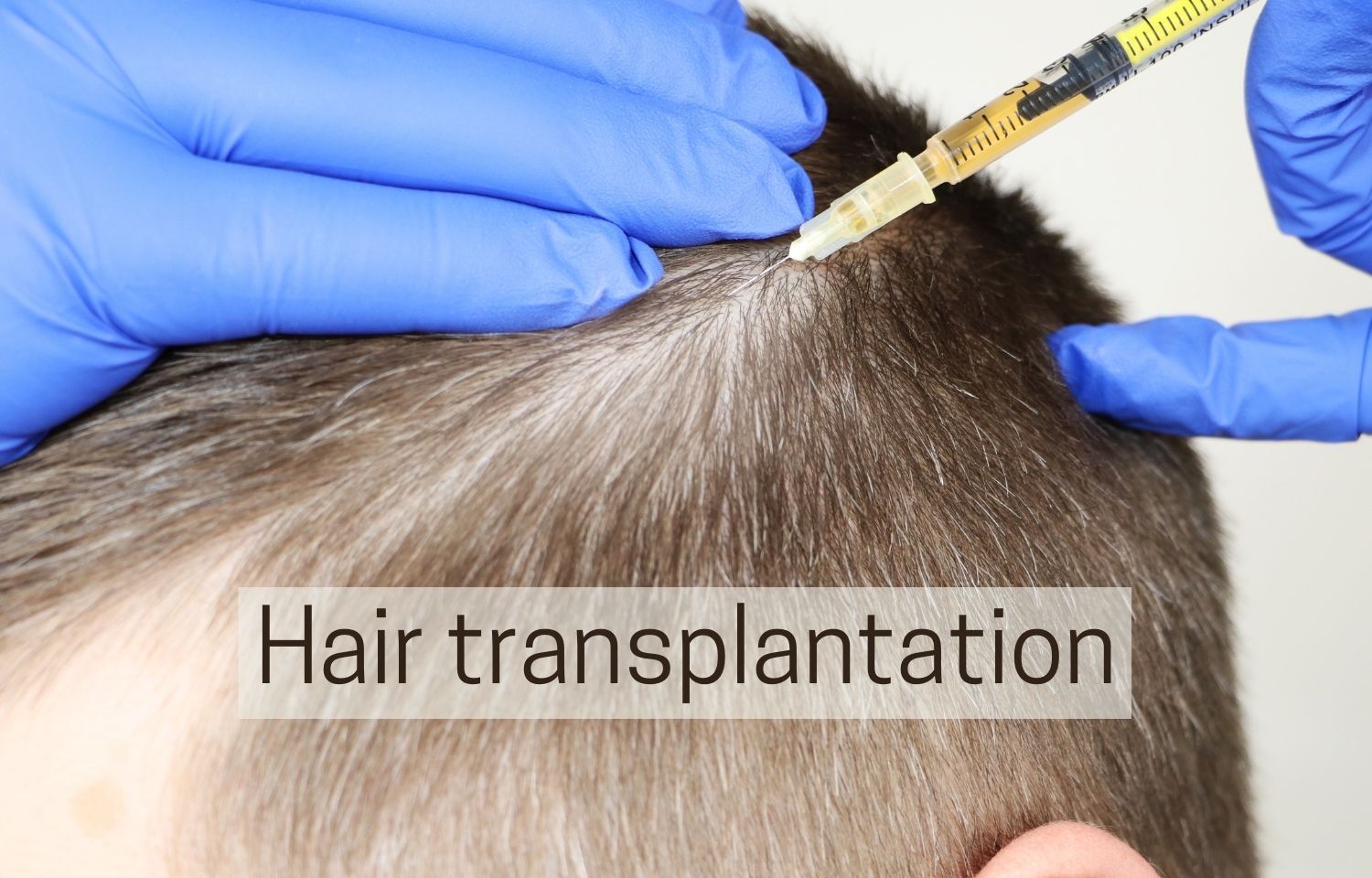Eligible for hair transplantation depends on various factors, and it’s important to consult with a qualified hair transplant surgeon for a personalized assessment.
However, here are some general considerations to help determine eligibility:
- Stable Hair Loss: Hair transplantation is typically recommended for individuals with stable hair loss. This means that your hair loss pattern has stabilized, and you are not experiencing active, rapid hair loss. If your hair loss is still progressing, it may not be the right time for a transplant.
- Adequate Donor Hair: To be eligible for a hair transplant, you need to have an adequate supply of donor hair. Donor hair is usually taken from the back or sides of your scalp. The density and quality of this hair will influence the success of the transplant.
- Realistic Expectations: It’s essential to have realistic expectations about the results of a hair transplant. While the procedure can significantly improve the appearance of your hair, it may not provide a full head of hair like you had in your youth. A consultation with a surgeon can help you understand what is achievable.
- Good General Health: You should be in good overall health to undergo a hair transplant. Chronic medical conditions or certain medications may affect your eligibility, so be sure to disclose your medical history and any medications you’re taking to your surgeon.
- No Active Scalp Conditions: Active scalp conditions, such as infections or severe psoriasis, can impact your eligibility for a hair transplant. These conditions need to be treated and resolved before the procedure.
- Sufficient Age: Hair transplants are generally not recommended for individuals below a certain age, as the pattern and extent of hair loss may not be fully evident. Surgeons typically prefer to perform transplants on individuals in their 30s or older.
- Non-Surgical Options First: In some cases, your surgeon may recommend trying non-surgical hair restoration methods (e.g., medications, PRP therapy) before considering a hair transplant. This is particularly true if you have early-stage hair loss.
- Psychological Assessment: Some surgeons may assess the psychological well-being and motivations of the patient before proceeding with a transplant to ensure they have a healthy mindset and reasonable expectations.
- Smoking and Alcohol: Smoking and excessive alcohol consumption can negatively affect the healing process and the success of the transplant. Some surgeons may advise patients to quit smoking and limit alcohol intake before the procedure.
It’s crucial to consult with a board-certified and experienced hair transplant surgeon who can evaluate your specific circumstances and determine whether you are a suitable candidate for the procedure. They will consider all relevant factors to provide personalized guidance and recommendations.For more information, Consult Dr. Deepam Shah practicing at Viva Aesthetic Clinic as he considered Best Hair transplant in Mumbai.

